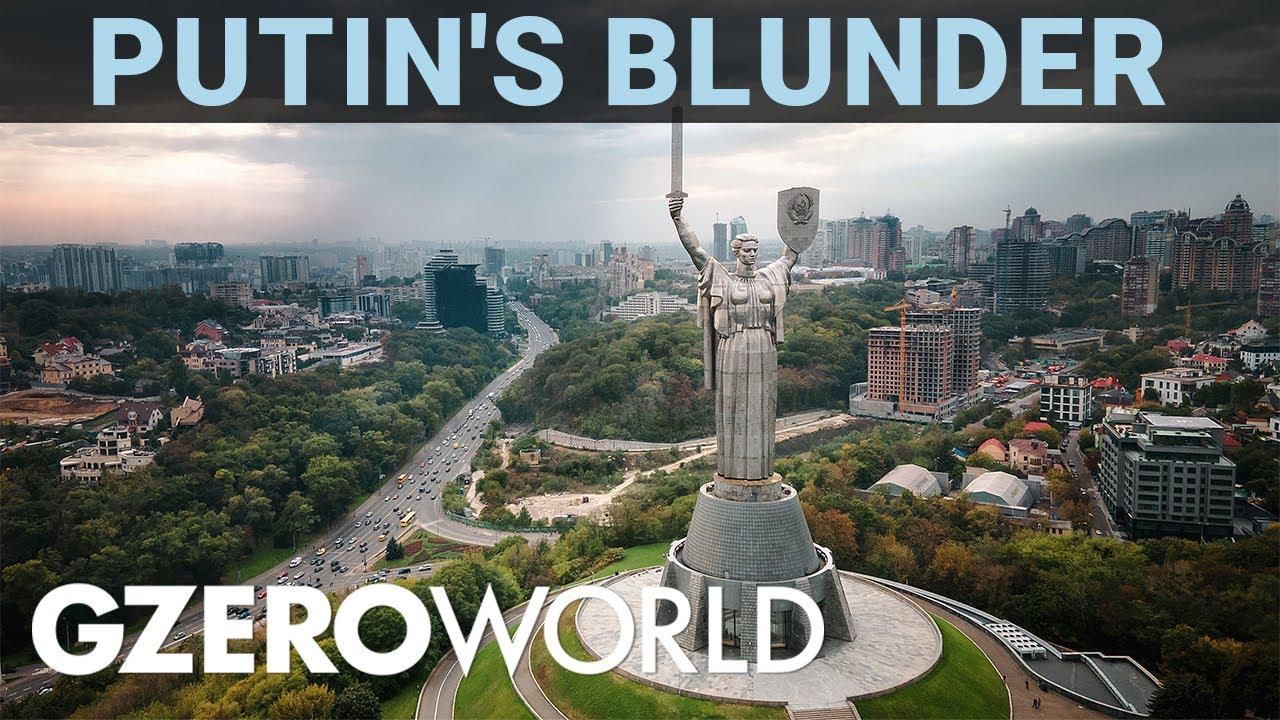
Vladimir Putin has made many mistakes in Ukraine, but for political scientist Ivan Krastev, the biggest one was thinking Ukrainians would welcome the Russian invasion.
Perhaps he expected it would be like when he annexed Crimea, but Ukraine clearly did not want to be "liberated," Krastev tells Ian Bremmer on GZERO World.
Why? For one thing, he says that Ukrainian public opinion toward Russia has changed a lot since 2014. For another, Putin loves to talk about feeling humiliated but he cares little about humiliating others.
And then there's how Ukrainians and Russians feel differently about the state.
Russians, Krastev explains, believe in a strong state above a strong society, while Ukrainians want the people come before the state — which explains why Russians have traditionally misread Ukraine.
Watch the GZERO World episode: How Putin created Ukraine’s determination to resist